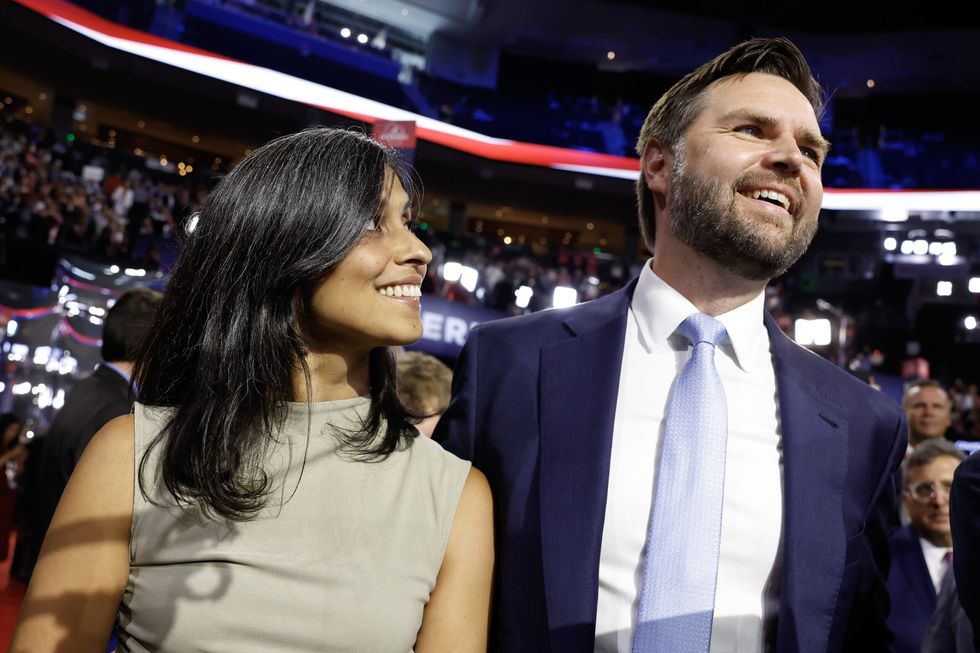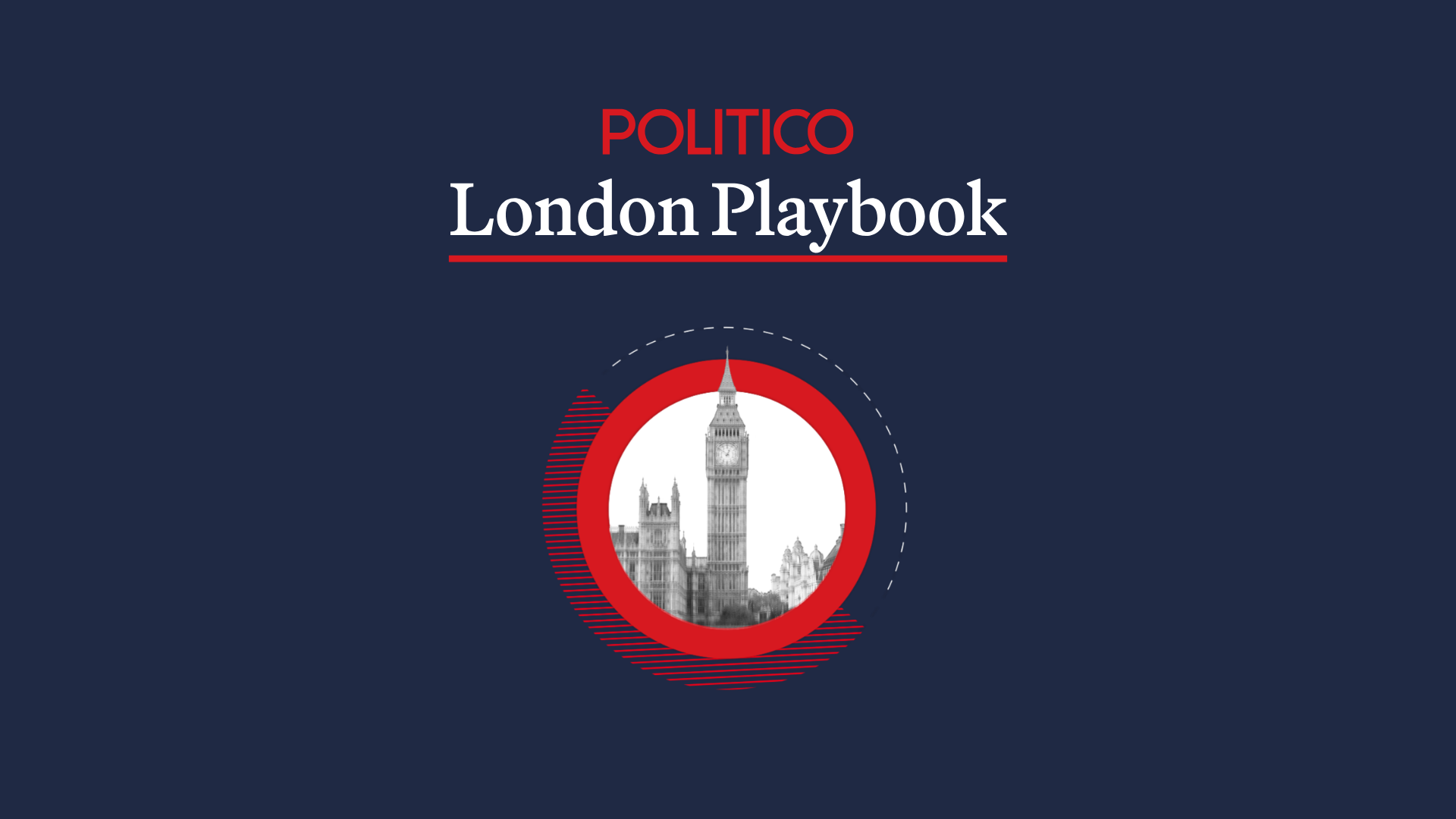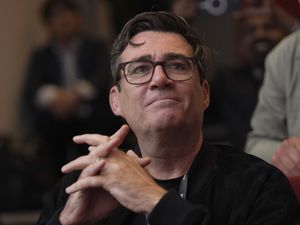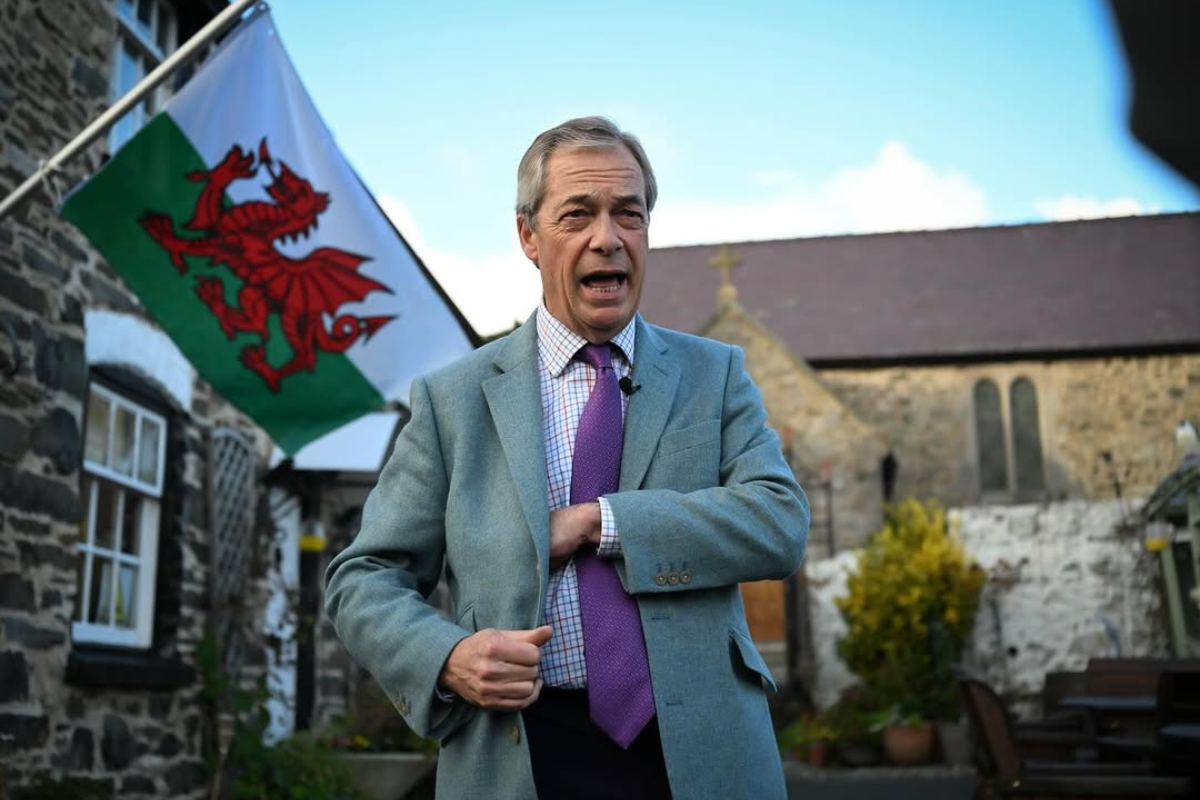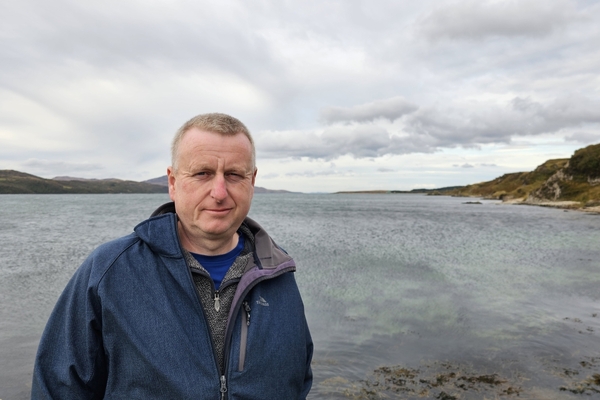United States Vice President JD Vance has clarified his recent comments expressing a hope that his wife, Usha Vance, who was raised as a Hindu, would one day convert to Christianity. Vance, a practicing Catholic since 2019, made the remarks during a Turning Point USA event at the University of Mississippi on October 4, 2023. His comments have sparked significant criticism, which he attributes to what he describes as “anti-Christian bigotry.”
During the event, held in memory of right-wing activist Charlie Kirk, Vance was asked about the challenges of raising their three children in an interfaith household. He stated, “Do I hope eventually that she is somehow moved by the same thing that I was moved in by church? Yeah, I honestly do wish that. But if she doesn’t, then God says everybody has free will, and so that doesn’t cause a problem for me.”
Response to Criticism
Following the backlash on social media, Vance took to the platform X to defend his comments. He responded to a user who accused him of undermining the religious beliefs of the Second Lady by stating, “What a disgusting comment, and it’s hardly been the only one along these lines.” He further clarified, “She is not a Christian and has no plans to convert, but like many people in an interfaith marriage — or any interfaith relationship — I hope she may one day see things as I do.”
Usha Vance, born in San Diego to parents who emigrated from India, has previously discussed her Hindu upbringing, stating in a 2024 interview with Fox News that her parents’ faith helped cultivate their character. The couple met while studying at Yale Law School and married in 2014.
Background and Influence of Faith
Vance’s upbringing as an evangelical Christian was marked by challenges, which he detailed in his memoir, Hillbilly Elegy. His conversion to Catholicism has had a profound impact on his political views, often shaping his conservative stance. This interfaith dynamic has become a focal point for Vance, especially as he is frequently mentioned by former President Donald Trump as a potential candidate for the 2028 U.S. presidential election.
As Vance navigates the complexities of his marriage and public life, his remarks highlight the ongoing dialogue about faith, identity, and personal beliefs in American society. Whether his hope for Usha’s conversion influences their family dynamics remains to be seen, but it has certainly ignited discussion about interfaith relationships in the contemporary political landscape.

